The British class system, often wrapped in the fabric of tradition and heritage, carries with it a set of uncomfortable truths that continue to shape society today. Have you ever wondered how deep these divisions run today?
1. Education Disparity

Top-tier universities and public schools often remain the domain of the upper classes, perpetuating a cycle where the elite educate their own, leaving less privileged students at a disadvantage. Is this really about merit, or is it about maintaining power?
2. Employment Opportunities

The type of school attended and the accent one speaks with can dramatically influence job prospects. Are we hiring talent, or are we just echoing historical biases?
3. Healthcare Access

While the NHS aims to provide universal care, those in higher social classes often receive faster and more comprehensive treatment due to private healthcare access. Is this equality, or just another divide?
4. Housing Divide
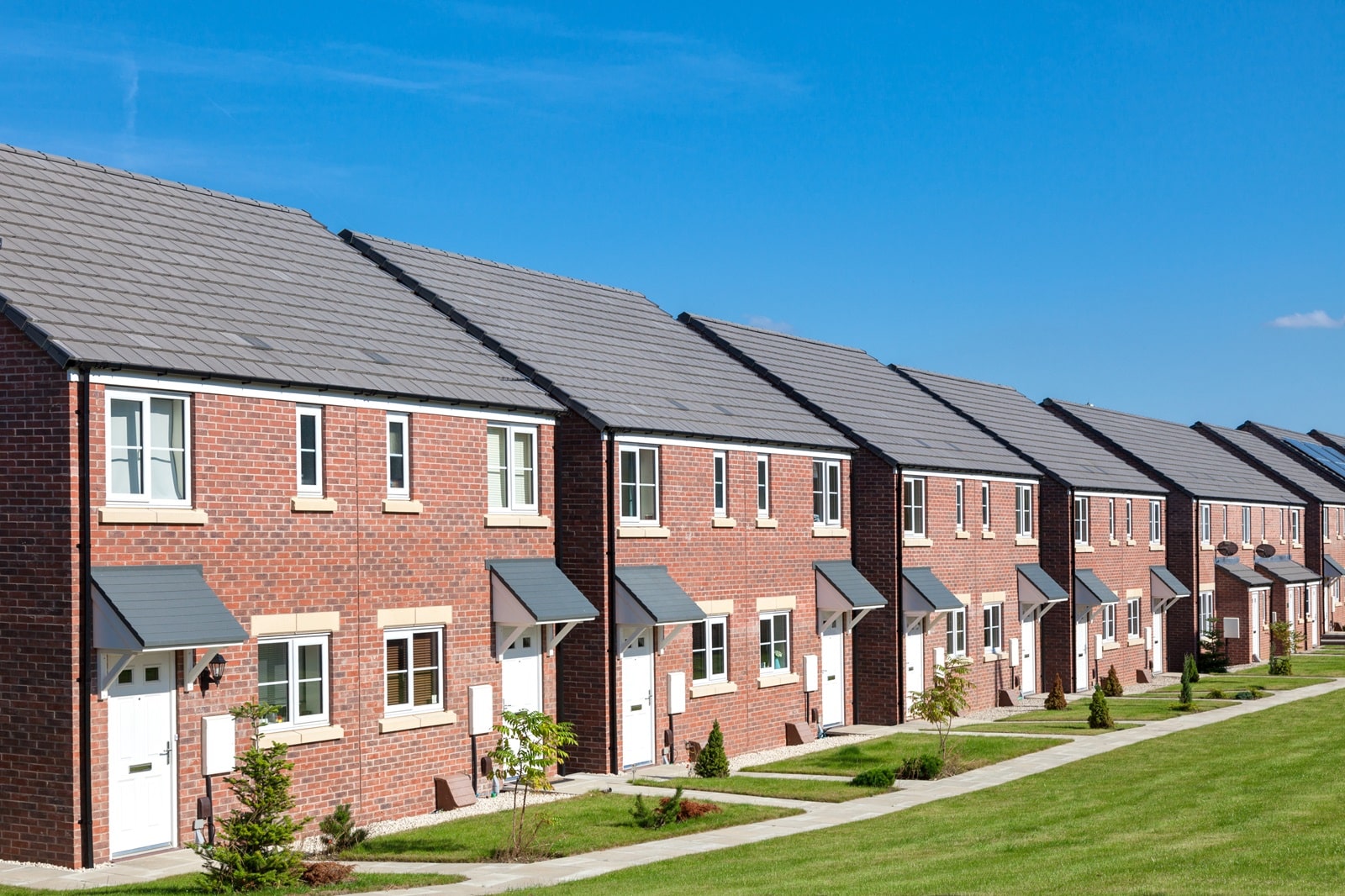
The postcode lottery determines not just where you live but your access to services, schools, and opportunities. Are we building communities, or are we cementing class lines?
5. Social Mobility Stagnation
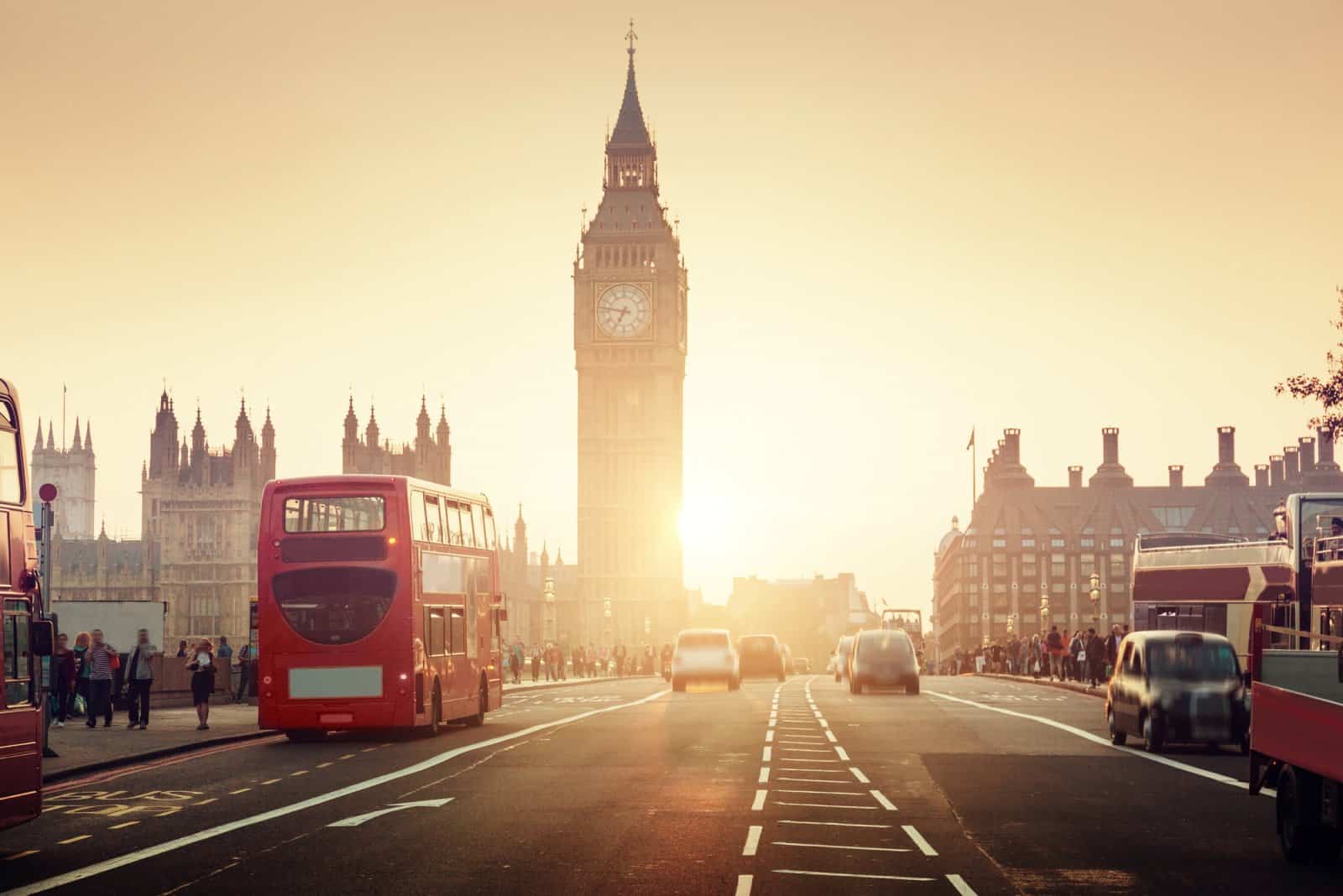
Despite decades of promises, social mobility in Britain remains low, with the wealthy often ensuring their offspring stay at the top. Is this a land of opportunity, or a closed shop?
6. Cultural Capital
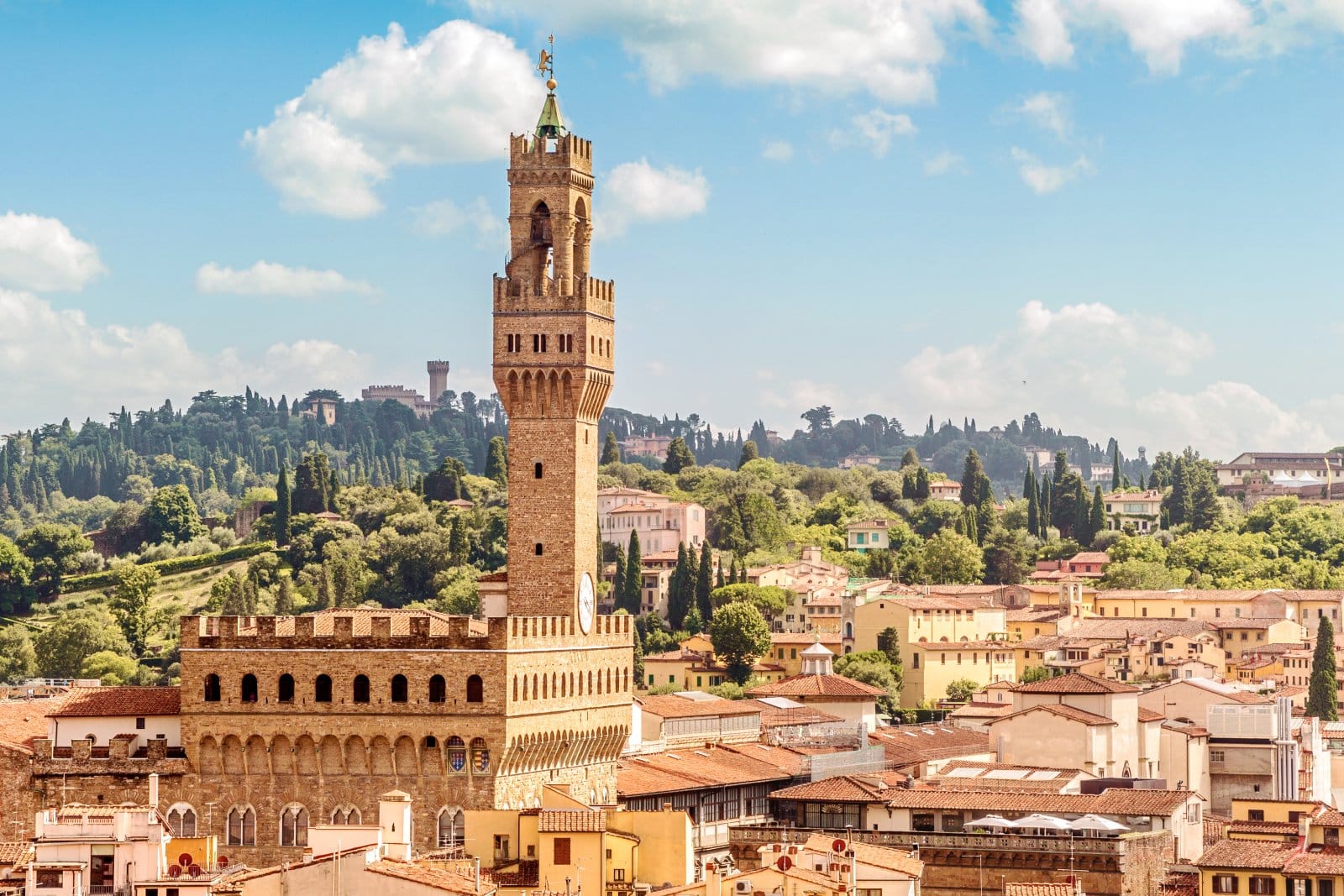
The arts, literature, and even dining are often coded in class-specific ways, making it hard for those from lower classes to feel included. Are we sharing culture, or are we gatekeeping it?
7. Political Representation

The majority of British politicians hail from privileged backgrounds, influencing policies that may not reflect the needs of the broader population. Are they representing everyone, or just their own?
8. Media Stereotypes

Working-class individuals are often portrayed in media as either salt-of-the-earth heroes or problems to be solved. Is this fair representation, or lazy stereotyping?
9. The Wealth Gap
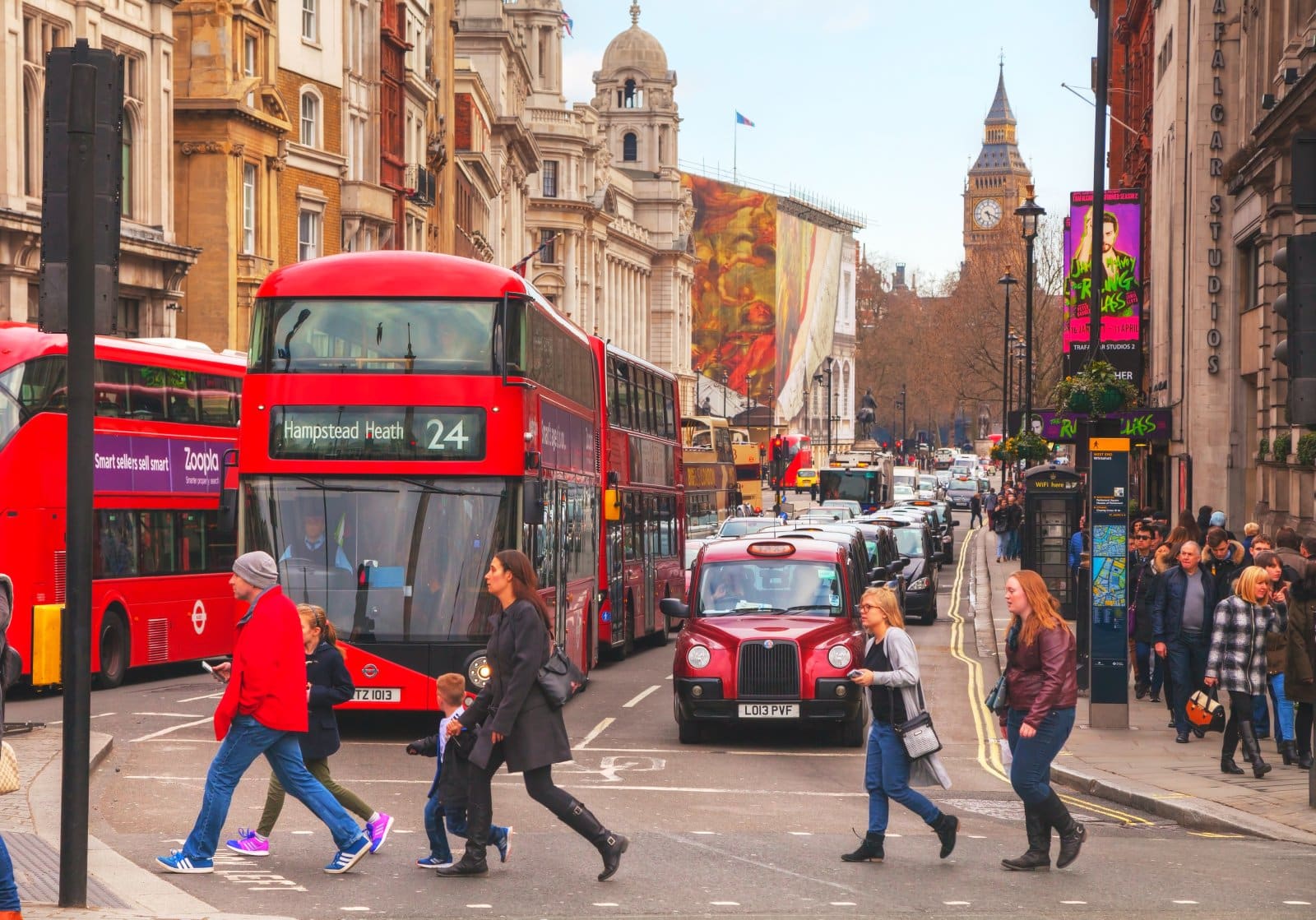
The growing disparity between the richest and the poorest only reinforces class divisions, making the dream of a classless society seem increasingly distant. Are we narrowing the gap, or widening it?
10. Etiquette and Manners

Subtle codes of behaviour and speech often act as barriers, making it clear who belongs and who doesn’t in certain social circles. Are we being polite, or are we excluding others?
11. Accent Prejudice

In Britain, your accent can instantly reveal your class and regional background, often leading to snap judgments and discrimination. Is this just a quirk, or a deeper issue?
12. The Monarchy and Aristocracy

While often celebrated, the very existence of the monarchy and aristocracy reinforces the idea that some are born to rule and others to follow. Is this tradition, or a problematic hierarchy?
13. Charity and Patronage

Charity work can sometimes perpetuate the saviour mentality, where the wealthy are seen as benefactors of the less fortunate rather than advocates for systemic change. Are we helping, or are we maintaining the status quo?
14. Inheritance and Wealth

The ability to pass on wealth and property through generations ensures that class divisions are not just maintained but entrenched. Is this security, or is this entrenchment?
15. The Rural vs. Urban Divide
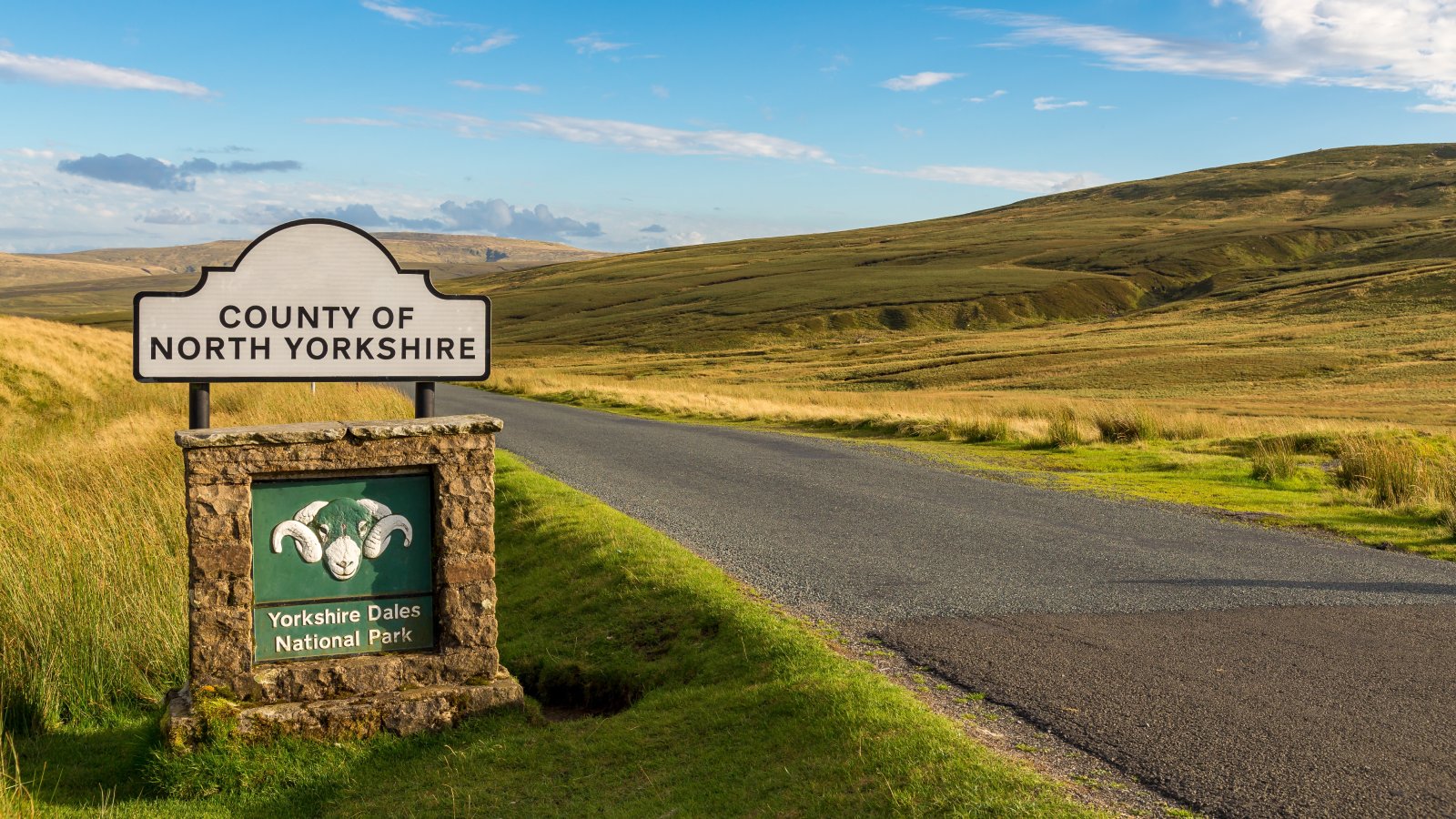
Class distinctions are often stark between city dwellers and rural communities, with each facing unique challenges and stereotypes. Are we bridging this divide, or are we overlooking it?
Time For Change?

As we confront these truths, it becomes clear that the British class system is more than just a historical relic—it’s a living, evolving force. How can we address these disparities to build a more equitable society for all?
The post 15 Unsettling Facts About the British Class System first appeared on Lists Lovers.
Featured Image Credit: Pexels / Skitterphoto.
For transparency, this content was partly developed with AI assistance and carefully curated by an experienced editor to be informative and ensure accuracy.

